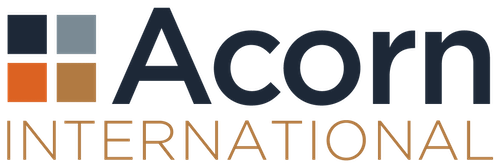ISSUE NO. 1: SOCIAL RISK TRENDS IN MEXICO’S ENERGY INDUSTRY
In 2014, we predicted that most significant obstacles to operators investing in energy sector opportunities in Mexico would be related to environmental and social considerations, rather than logistical, legal or financial risks. Entering 2017, this certainly seems to be the case.
In the interim, Acorn International has had the privilege to be at the forefront of helping energy industry investors manage social and environmental risks in Mexico. We’ve learned a lot, and given how dynamic the industry and regulatory environment have been lately, we’re still learning. Here are three examples of what we’ve learned recently about social risks facing E&P investments, from our on-going work and engagement in Mexico:
Advantage: SENER
Obtaining review and approval from ASEA for environmental impact assessments (EIA/MIAs) is proving to be very difficult due in part to the continued learning curve of this new agency. Operators are generally having an easier path to review and approval with the Secretary of Energy (SENER) as it executes its responsibility to review and approve SIAs and, where needed, initiate prior consultation with indigenous communities. The latter point is important because many of Mexico’s indigenous and traditional people are dispersed throughout lands with unclear title/tenancy agreements, rather than concentrated in protected reserves. This means that it may be more common than expected to have SENER’s prior consultation requirements applied.
Moving Beyond PACMAs
Operators (especially PEMEX) in Mexico have typically focused their social performance / social risk management efforts on offering social investment programs (PACMAs) for project-affected communities (PACs). Good practice dictates first building understanding and sustainable relationships with PACs. Successful operators will need to engage stakeholders in meaningful dialogue, planning and monitoring – and deliver social investment as a cooperative outcome of that dialogue. We recently worked with the developer of a power plant in Mexico to design community awareness, inclusive training/employment practices and a human rights policy that will be much less expensive to implement and build more public support than offering standard PACMAs.
Participatory Baseline Studies
Participation by PACs in social baseline assessment is required by SENER – nonetheless it is not a common practice in Mexico, particularly in the oil industry. So PACs, NGOs and other stakeholders will need to be not only allowed but guided in how to participate constructively. The advantage for E&P ventures in the Perdido area is that the fishermen, chambers of commerce, unions and other stakeholders of Tamaulipas will likely be more willing partners than in other coastal areas. Our team has already identified candidate stakeholder groups that might be good extended team members in conducting baseline studies and monitoring.
Navigating the evolving social risks facing energy industry investments in Mexico will continue to be a critical determinant of controlling transaction costs, keeping projects on schedule, and maintaining the sustainability of operations. We’re focused on providing solutions to these challenges, and we’re excited to be at the forefront of helping investors manage these risks.
February 2017
News & Notes

Acorn International
1702 Taylor St, Suite 200B
Houston, TX 77007, USA
1213 Purchase St
New Bedford, MA 02740, USA
